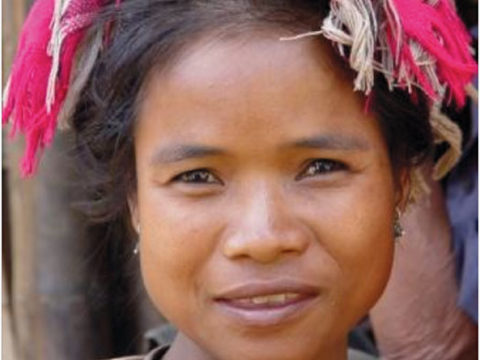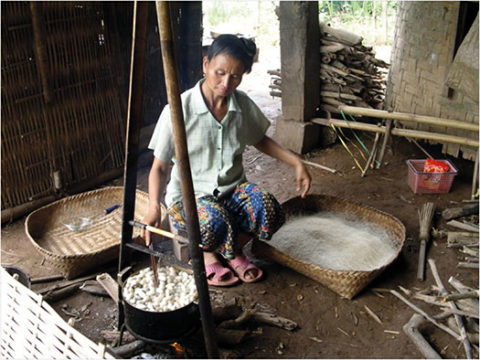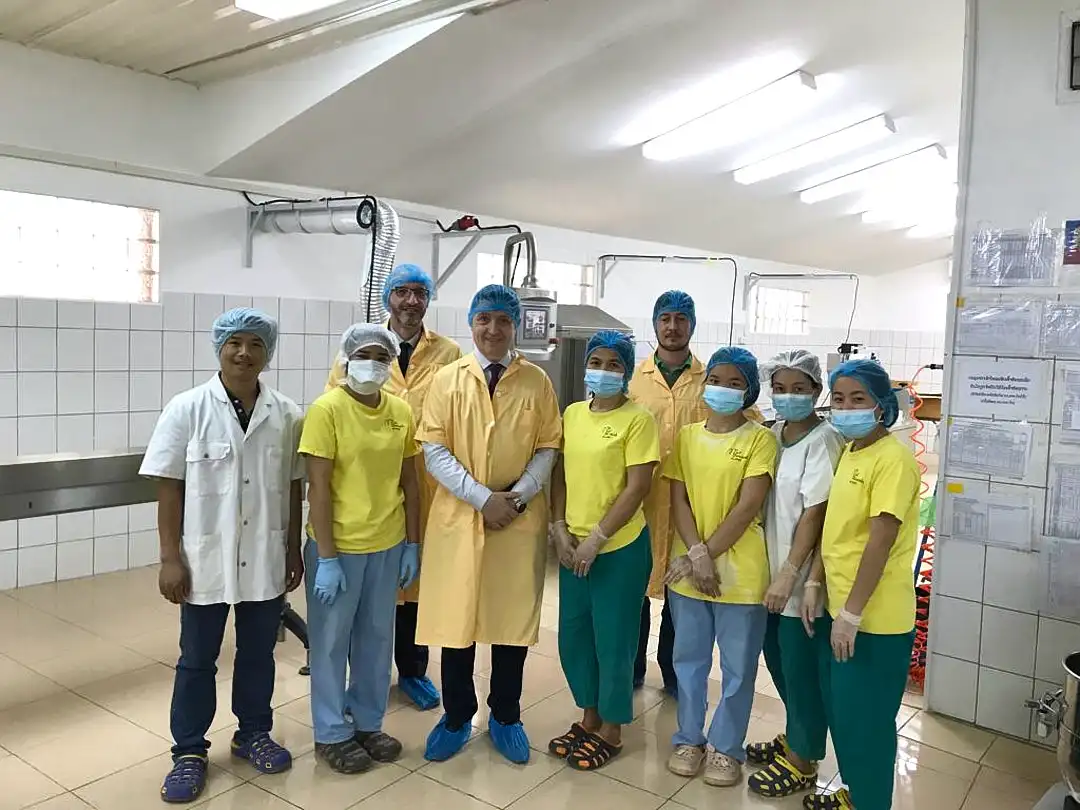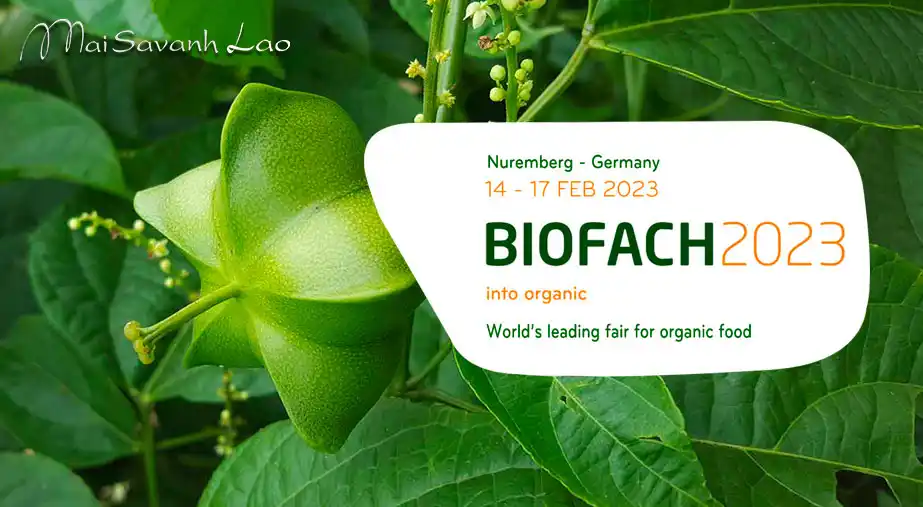We put into place teaching farms for weaving and the production of the silk, this started in the well known area of the Golden Triangle. In the beginning it was difficult people showed little interest for the new looms, but once the first weavers were happy with the new looms their response was quick and in less than two years 200 weavers were formed and as many weaving looms installed in the families.

Production of the Silk Thread
The traditional farming methods only allow low yields. The solution was to build rearing cabinets with walls and mosquito nets and hand reeling equipment and train the villagers in these new methods. Very soon it was with whole bags that they came to propose their production.

Concrete results in the villages
Today we have passed from a wary position to that of friendship with these villagers in the Namtha region. Almost all of them say openly that they are proud to have a regular income and can bring security to the family, and better dress their children to send them to school. These women express their satisfaction to be better considered in the village, being valued by their work. One of them explained to us that before her husband often despised her, treating her as being unable to do anything with her ten fingers, useless and foolish. “He was no longer interested in me.” Today it’s with a big smile she explains that her husband changed his tune and he loves her again. There are many such remarks. The products are magnificent, and well crafted. Foreign experts were surprised by seeing the results considering the rudimentary environment of the houses.
In the Southern Region of Laos, the renewal of silk production.


However Laos is not producing enough quality silk while demands are very strong in Vientiane and elsewhere in the country. So we decided to restart production of silk in the Boloven Plateau region in the south of the country.This ancient tradition stopped during the Vietnam War. A farm of 25 hectares is the base of the work in this region. After three years of effort the first cocoons were transformed into silk. The objective for the future is to give the opportunity to more than 300 families to enter the production cycle of silk. It is a family business, very respectful of the environment and the living environment of the villagers and acts in the sense of family and social cohesion.
The short answer is yes. According to Kross, when you think of yourself as another person, it allows you give yourself more objective, helpful feedback.





